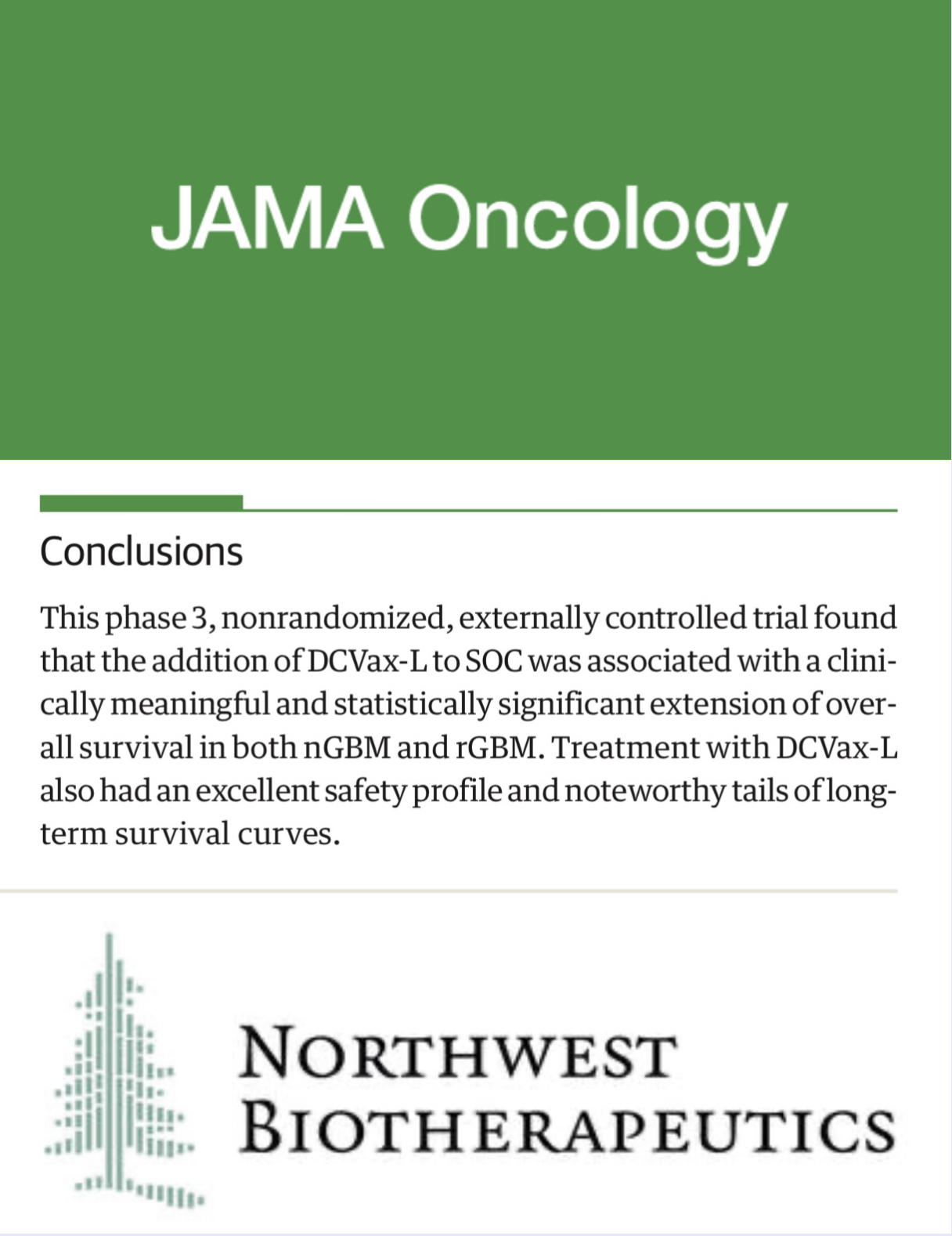Modeling Population-Level Impacts of Cell-Free DNA Screening for Colorectal Cancer in Canada.
IF 22.5
1区 医学
Q1 ONCOLOGY
引用次数: 0
Abstract
Importance Cell-free DNA (cfDNA) testing is an emerging approach for colorectal cancer screening that has been approved in the US. The impact of cfDNA testing in the Canadian setting, assuming adherence mirroring prior real-world cfDNA work and assay performance from a Guardant Health study, is unknown. Objective To estimate how cfDNA screening impacts clinical and economic outcomes in Canada compared with existing screening approaches (fecal immunochemical testing [FIT] or colonoscopies). Design, Setting, and Participants The OncoSim-Colorectal model (version 3.6.5.7) was used to simulate participation, relative effectiveness, and cost of introduction of cfDNA tests every 3 years. A population of 32 million Canadians were simulated and examined for outcomes and costs between 2024 and 2092. Exposures Screening with colonoscopy, FIT, or cfDNA. Main Outcomes and Measures Screen-detected colorectal cancer cases, deaths, health-adjusted person-years, potential years of life lost, and cost of cancer screening and management were examined. Results Under higher participation, cfDNA detected 393 087 cases of colorectal cancer between 2024 and 2092 compared with 156 009 cases in the FIT scenario, and cfDNA reduced overall mortality by 121 383 deaths compared with current predictions with FIT. Linear regression models indicated that approximately 78% participation with 80% adherence or 69% participation with 100% adherence to cfDNA screening would be required to reduce deaths below the levels achieved by colonoscopy testing. Higher costs were associated with cfDNA testing, where each health-adjusted person-year had a cost of CAD $234.80 (US $164.06), and 0.025 deaths were averted per CAD $100 000 (US $69 874) additional dollars spent compared with FIT testing. When cfDNA testing was modeled with the same participation as FIT testing (43%), there was worse overall population impact (eg, greater number of deaths), emphasizing the importance of high participation for cfDNA testing to improve outcomes. Conclusions and Relevance This study suggests that cfDNA testing could result in increased detection of colorectal cancer and reduced mortality if higher participation than reported in previous studies is achieved at the population level. Patient input on acceptance of blood-based vs stool-based screening may help inform real-world implementation.模拟无细胞DNA筛查对加拿大结直肠癌人群水平的影响。
无细胞DNA (cfDNA)检测是一种新兴的结直肠癌筛查方法,已在美国获得批准。在加拿大环境中,cfDNA检测的影响尚不清楚,假设依从性反映了之前真实世界的cfDNA工作和Guardant Health研究的分析性能。目的与现有筛查方法(粪便免疫化学检测[FIT]或结肠镜检查)相比,评估cfDNA筛查对加拿大临床和经济结果的影响。设计、设置和参与者使用oncosim -结肠直肠癌模型(版本3.6.5.7)来模拟每3年引入cfDNA检测的参与、相对有效性和成本。对3200万加拿大人进行了模拟,并对2024年至2092年间的结果和成本进行了研究。结肠镜、FIT或cfDNA筛查。主要结果和测量方法:检查筛查检测到的结直肠癌病例、死亡、健康调整人年、潜在生命损失年以及癌症筛查和管理的成本。结果在较高的参与率下,cfDNA在2024年至2092年期间检测到393 087例结直肠癌,而FIT情景为156 009例,与目前FIT预测相比,cfDNA降低了121 383例死亡。线性回归模型表明,大约需要78%的参与者和80%的依从性或69%的参与者和100%的依从性来将死亡率降低到结肠镜检查所达到的水平以下。与cfDNA检测相关的成本较高,其中每个健康调整人年的成本为234.80加元(164.06美元),与FIT检测相比,每额外花费10万 万加元(69美元 874美元)可避免0.025例死亡。当cfDNA测试与FIT测试(43%)的参与程度相同时,总体人群影响更差(例如,死亡人数更多),这强调了cfDNA测试的高参与度对改善结果的重要性。结论和相关性本研究表明,如果在人群水平上达到比以往研究报道的更高的参与率,cfDNA检测可以增加结直肠癌的检出率并降低死亡率。患者对接受基于血液和基于粪便的筛查的输入可能有助于告知现实世界的实施。
本文章由计算机程序翻译,如有差异,请以英文原文为准。
求助全文
约1分钟内获得全文
求助全文
来源期刊

JAMA Oncology
Medicine-Oncology
自引率
1.80%
发文量
423
期刊介绍:
JAMA Oncology is an international peer-reviewed journal that serves as the leading publication for scientists, clinicians, and trainees working in the field of oncology. It is part of the JAMA Network, a collection of peer-reviewed medical and specialty publications.
 求助内容:
求助内容: 应助结果提醒方式:
应助结果提醒方式:


